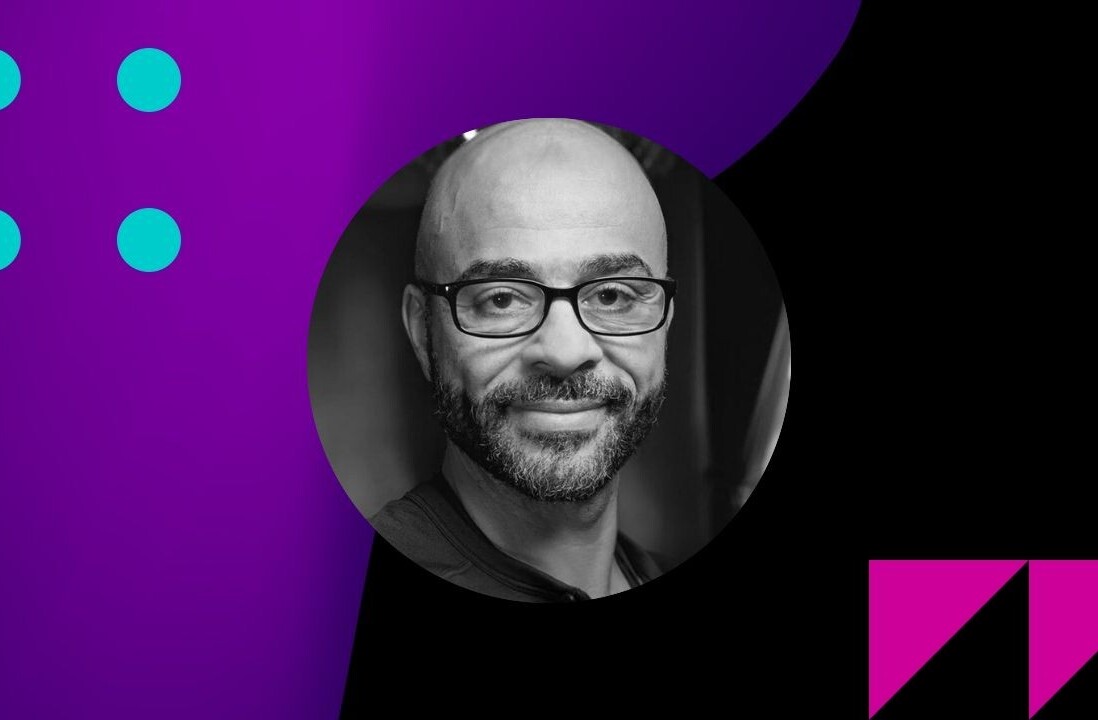
It’s been clear for some time now that technology is not only transforming the way millennials live their lives, but that it’s also defining them.
Eighty percent of 18-30 year olds now own a smartphone and 83 percent consider themselves to be on the cutting edge of technology, making this the most educated and digitally-confident generation in history. But, even more encouragingly, millennials also have a shared belief in their ability to create a better world – 88 percent are optimistic about their own future and believe they can make a positive contribution to their community.
Practically speaking, more than half believe they’ll start their own business or work in technology, confident that a successful career will be found in STEM — science, technology, engineering or math.
This generation is also changing the way organizations work, by challenging the traditional top-down management model.
More than half of millennials hold rapid career progression up as their main priority, hoping to make worthwhile contributions from the get go. By taking the technology they use in their everyday lives and applying it to business and innovation, they are achieving some exciting results. We have profiled a few young people combining the two with great success in our Trailblazers series.

Yet, while we hear the argument for bottom-up innovation time and again, being challenged by someone younger than us can make us a little uncomfortable. What we shouldn’t forget is that, while older generations have experience and wisdom to pass down, millennials have it covered when it comes to technical and modern user-experience considerations. In fact, we’d be hard pressed to find any previous generation that could beat their innate digital knowledge.
These aren’t just kids with toys anymore. This is a generation who hasn’t just been raised on mobile and tech, but one that understands that information is a valuable currency.
Globally, 89 percent of millennials are concerned about the privacy of their information and data online, but over 60 percent are comfortable giving companies access to their personal information (if they promise not to sell it) – safe in the knowledge that they will benefit by the value exchange. The willingness of millennials to be open to the possibilities of technology and what it can do for them, can only be a useful asset to businesses hoping to remain relevant and digitally competitive.
Businesses choosing to stick to top-down ‘this is the way things have always been done’ management structures are failing to take advantage of the ease with which millennials navigate an increasingly digital world.
A PwC study found that 34 percent of millennials believe that their personal drive was intimidating to older generations and almost half felt that their managers did not always understand the way they use technology at work.

By choosing not to adopt a flexible style that values the way millennials use and understand technology, businesses will miss out of this generation helping them digitally innovate. Indeed, with almost 71 percent of young people considering work abroad, local businesses, enterprises and governments alike have their work cut out to keep this generation engaged and at home.
Perhaps if less time was spent on hierarchy within business and more focus was applied to knowledge sharing and collaborative action, both ends of the experience spectrum would benefit. In turn, we could expect to see the digital economy further flourish – something we all recognize to be a priority the world over.
One way businesses can champion a more collaborative management approach is by becoming involved with initiatives such as One Young Word.
One Young Word brings together young leaders from 190 countries in order to create collaborative solutions to the big issues facing businesses and societies. By empowering our younger generations to stand out and speak up, businesses of all sizes and in all parts of the world will prosper.
In March of this year, Telefonica will publish the findings of the most comprehensive Global Index of Digital Life ever developed in the pursuit of quantifying how good digital lives and, by extension, prosperous digital economies are achieved. In the findings – which will be shared on The Next Web – expect to see digital confidence and a sense of entrepreneurialism to play a strong role in determining what makes for a balanced digital life.
If these two traits are native to the millennial generation across the world, then doesn’t it make sense for us to learn from them, just as much as they take from us?
Read next: Millennials: the best Silicon Valley company to work for is one you’ve probably never heard of
Image credit: Gratisography
Get the TNW newsletter
Get the most important tech news in your inbox each week.
 This post was brought to you by Telefonica
This post was brought to you by Telefonica




